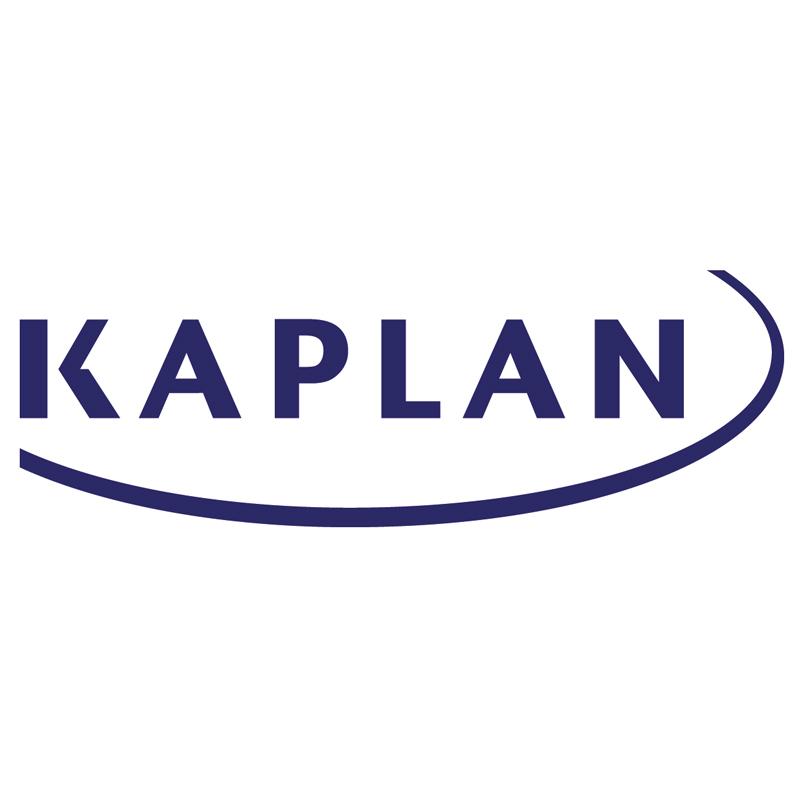
Measuring the quality of online degree programmes to improve student success

The flexibility of online learning has contributed to its rise in popularity, but universities are under pressure to deliver high-quality online programmes that cater to the needs of students and employers and boost their reputation.
A panel session at the 2023 THE Digital Universities MENA event, held in partnership with Kaplan, explored the modern challenges that are hindering the growth of online degree programmes in the MENA region.
One of the major challenges that universities in the region face in providing online degree programmes is the lack of standardised regulatory frameworks to assess their quality. Various regulatory authorities formulate different frameworks and metrics for assessing the quality of online programmes, said Fergus Rea, general manager and senior project and scholarship programme director at Kaplan. “That’s one of the biggest issues that we have with various stakeholders – to come up with a system whereby we can benchmark internationally how we provide online learning programmes.”
Heba Fathelbab, senior director for assessment and accreditation at the American University in Cairo, said the MENA region faces unique issues when it comes to measuring quality. Fathelbab outlined the internal and external factors that universities can rely on to ensure continuous improvement of their online courses, such as drafting policies and regulations within the university, utilising accreditation and ranking frameworks and analysing data. She added that there is a need to raise awareness in the region about what online learning entails and how institutions can maintain quality in online teaching.
Rea said traditional frameworks used for assessing universities, such as research citations, are less applicable to online learning. “There are nuances that need to be taken into account when we ultimately design a metric system that will handle online learning,” he said, emphasising the need for staff development and training to enable faculty to deliver online programmes effectively.
The National eLearning Center in Saudi Arabia is taking steps to support universities to offer high-quality online learning opportunities, explained Fahad Alenezi, director of research and consulting at the centre. “One of our values at the National eLearning Center is to build trust in online learning.”
Alenezi said the centre issues two types of licence to universities offering online learning programmes to ensure they meet quality standards regarding online delivery, student engagement, assessment and curricula development. The centre also conducts surveys and collects data regarding student satisfaction, graduate performance and employment outcomes. The panel agreed that identifying and collecting the right data will provide vital information to analyse the retention rates, assess student engagement and contribute to the continuous improvement of online programmes.
“We don’t want education to be developed in a vacuum,” said Rea, underlining how different stakeholders such as graduates and employers should be part of the process of measuring the quality of online learning programmes. “We need to consider their involvement in ensuring that, whatever way we rank, whatever metrics that we use, their point of view is taken into account,” he concluded.
The panel:
- Fahad Alenezi, director of research and consultation, National eLearning Center
- Charlotte Coles, director of global events, Times Higher Education (chair)
- Heba Fathelbab, senior director for assessment and accreditation, The American University in Cairo
- Fergus Rea, general manager and senior project and scholarship programme director, Kaplan
Find out more about Kaplan International Pathways.

